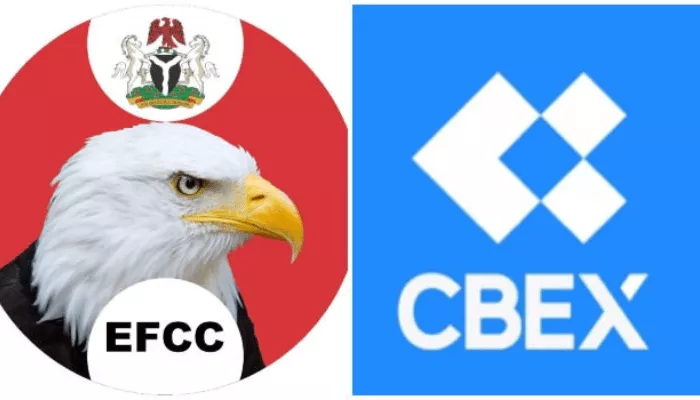The Securities and Exchange Commission (SEC) has recently declared Binance’s activities illegal in Nigeria, exacerbating the challenges faced by Nigerians seeking access to cryptocurrencies.
In a circular published on June 9, 2023, the commission affirmed that Binance, a major global crypto platform, is neither registered nor regulated by SEC, rendering its operations in the country unlawful. The regulatory action by SEC has prompted concerns about the future of cryptocurrency investment in Nigeria, with potential implications for other platforms as well.
This article explores the implications of the SEC ban on Binance, examines the broader regulatory landscape, and delves into the perspectives of experts in the crypto industry.
Contents
The SEC Ban and its Impact
The circular issued by SEC explicitly warns Nigerians against engaging in crypto transactions on Binance, emphasizing that such activities are undertaken at the individuals’ own risk. SEC underscores the illegality of Binance Nigeria Limited and advises caution when investing in crypto-assets through unregistered or unregulated platforms. The commission further directs Binance Nigeria Limited to cease soliciting Nigerian investors immediately.
The significance of the SEC ban on Binance cannot be underestimated, particularly considering Binance’s status as the world’s largest crypto platform. This development follows a series of regulatory challenges faced by Binance globally, including recent charges filed against the platform by the US Securities and Exchange Commission. Binance US has already suspended USD deposits and withdrawals due to regulatory enforcement actions.
Implications for the Crypto Market
The SEC’s actions against Binance are expected to disrupt the crypto market in Nigeria, adding to the concerns already raised by the closure of other prominent platforms like Paxful. However, experts suggest that the ban may not significantly affect crypto users as no exchanges are currently licensed in Nigeria. Chimezie Chuta, the Founder and Coordinator of Blockchain Nigeria User Group, asserts that despite the lack of licenses, crypto trading continues to thrive in Nigeria. He argues that SEC’s move is more of a response to the tax imposition on crypto by the Federal Inland Revenue Service (FIRS). While legitimacy remains an issue, Chuta believes that traders are already aware of the risks and challenges associated with unregulated platforms.
Navigating the Regulatory Landscape
To obtain a license, crypto platforms in Nigeria must have a bank account. However, this requirement poses a significant challenge due to the Central Bank of Nigeria’s ban on crypto in the formal financial system. As a result, legitimate platforms struggle to comply with the licensing process, leaving users with limited avenues for seeking legal redress in case of disputes. Chuta notes that Binance, although registered as a technology company in Nigeria, still requires SEC’s licensing due to its role in regulating the capital market. The complexities of regulatory frameworks in Nigeria present a significant hurdle for both platforms and users alike.
Conclusion
The SEC’s ban on Binance in Nigeria has further compounded the challenges faced by crypto enthusiasts in the country. While it is likely to disrupt the crypto market, its impact may be mitigated by the absence of licensed exchanges and the industry’s familiarity with unregulated platforms. However, the regulatory landscape remains complex, with the requirement of a bank account for licensing clashing with the Central Bank’s ban on crypto in the formal financial system. As Nigeria grapples with these issues, stakeholders in the crypto industry eagerly await further updates from SEC and other regulatory bodies to provide clearer guidance.











